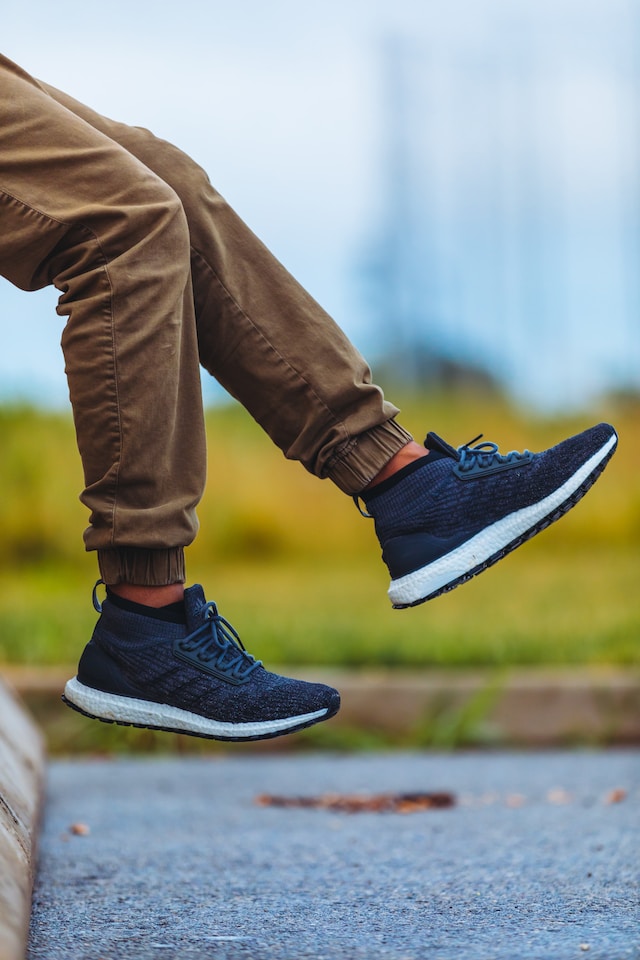Hip Condition In Children- Slipped Upper Femoral Epiphysis(SUFE)
Slipped Upper Femoral Epiphysis (SUFE)
Slipped Upper Femoral Epiphysis, otherwise known as SUFE, is a condition that requires immediate medical attention. It is a condition involving the hip joint whereby the growth plate in the femur (the big leg bone) slips out of position. We are unsure as to why this happens or what the exact mechanism is; however, it is not usually associated with an acute injury. Early diagnosis and intervention are critical in the management of a SUFE. Surgery is almost always the recommended treatment option.
Who is likely to suffer from a Slipped Upper Femoral Epiphysis
It is common in teens and pre-teens and usually occurs during a growth spurt. It occurs more commonly in boys than girls.
Other risk factors include increased weight or obesity, a family history of a SUFE and an endocrine or metabolic disorder.
Signs and Symptoms
SUFE can be chronic, acute and acute or chronic in nature. This means symptoms can gradually develop, occur suddenly, or gradually develop and then have an acute flare-up. Children usually complain of the following:
- Pain in groin, hip, thigh and/or knee
- Pain worsens with activity
- Child walks with a limp
- Holding the leg in an externally rotated position (Foot pointing outwards) when lying and walking will result in a toe-out gait.
- Reduced range of movement in their hip joint
- Some shortening of the affected leg.
Diagnosis
When presenting to your local physiotherapist or GP, they will conduct a detailed subjective and objective examination looking for the above signs and symptoms. If they suspect a SUFE, they will send you to the emergency room to receive an X-ray.
If you suspect your child may have a SUFE based on the above symptoms, do not hesitate to take them straight to your local hospital emergency room.
It is EXTREMELY important that once there is a suspected diagnosis of SUFE, your child DOES NOT weight bear through that leg. They should be carried or use a wheelchair.
Treatment
If SUFE is confirmed on X-ray and or MRI, your child will be referred to an experienced orthopedic surgeon. Your child should continue not to bear weight through the leg. The surgery conducted will depend on the severity of the slip. Your surgeon will discuss this with you.
Your child will not be able to bear weight through their leg for the first 6-weeks post-surgery. Their return to activity will be guided by their surgeon.
If you have any concerns, please do not hesitate to call us or take your child straight to your local hospital emergency.

